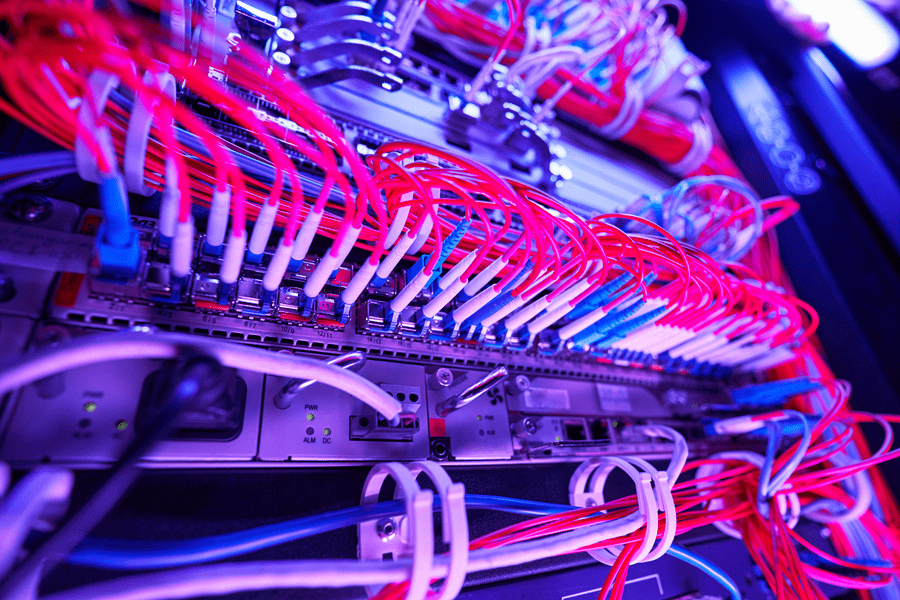The role of data centers in poverty reduction

Data centers have become crucial around the world, especially during this era of digital evolution. As opposed to past decades, when people only relied on mainstream media for information, the rise of social media seems to be taking over. This is why data centers have become very important and beneficial.
Although data centers have helped interconnect the world, they also contribute a lot to eradicating poverty. Read on as we unravel some of data centers' roles in poverty reduction!
1. Data centers provide access to popular internet content through IXPs
Over the last two decades, there has been over a 1000% increase in internet data. This means that more people need better access to the internet, which requires faster speeds to accommodate the rising demands. Data centers have greatly helped improve access to content through Internet Exchange Points (IXPs).
In the past, data requests would travel over long distances to reach the few available data centers for information to be relayed to the end-user. This created a lot of latency and lag time for internet users. In addition, Internet Service Providers (ISPs) also used to pay a lot for international bandwidth – meaning the end-user suffers the most.
However, data centers have enabled ISPs to exchange data locally without needing any third party or intermediary. This has helped lower the charges for internet access and given more people to venture into businesses that require reliable internet access. In addition, more businesses can now get more profits and expand to gain more revenue and reduce poverty.
2. Help connect people, businesses, and countries
The internet has been the backbone of connecting the world and making it a global village. But, this wouldn't be possible without the availability of data centers. The presence of data centers and IXPs have made it possible for people, businesses, and countries to locally access more data.
With this kind of connectivity, more people can do business together over the internet without worrying about latency or high charges for internet use. Countries can also connect better using data centers and IXPs – reducing poverty in the long run.
3. Datacenters introduce industries to new areas
As we saw earlier, data centers have been one of the big players in increasing businesses in many countries. The development of industries in new areas is also a major impact of data centers in poverty reduction. Continued upgrades of internet accessibility, even in remote areas, means more industries can be created.
This directly impacts ordinary citizens who will be employed in these industries – which means more people get jobs to get them out of poverty. Data centers also support the growth of innovation and boost entrepreneurial spirit in a country. The easy access to information improves innovation and leads to the introduction of new technology.
In summary, data centers cannot be ignored regarding poverty reduction and boosting economic growth. They have made access to data much easier and created better connectivity between people. Datacenters have also created employment for many people and compelled others to venture into business by giving better access to innovative ideas.

















